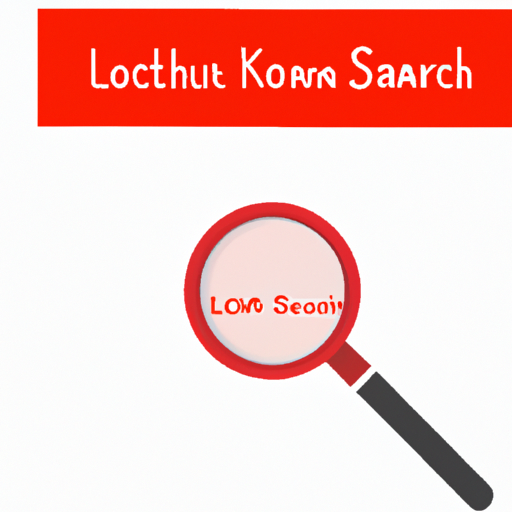Guide to Low Search Volume and Zero Search Keywords
H1: Why Low Volume and Zero Volume Keywords are Crucial for SEO and How to Find Them
H2: Introduction
In the world of SEO, going after the low-hanging fruit is a common strategy. This involves focusing on keywords that are easier to rank for, rather than targeting highly competitive options. By going after low-volume and zero-volume keywords, you can see faster and more effective results in terms of traffic and conversions. In this guide, we will explore the importance of these types of keywords for SEO and provide tips on how to find them.
H3: Key Takeaways
– Low volume keywords have minimal search volume, while zero volume keywords have no recent searches.
– Low volume keywords can be used when there is search potential for a trending topic, when customers are asking specific questions, or when targeting long-tail keywords.
– Other reasons to target low volume keywords include covering niche topics, having a low cost per click, or for link building purposes.
– Focusing on low volume and zero volume keywords is less competitive and can attract targeted traffic.
– Over time, these keywords may become high volume keywords and establish authority in a niche topic.
H2: Reasons to Target Low Volume and Zero Volume Keywords
There are several reasons why targeting low volume and zero volume keywords is beneficial.
H3: 1. You Think a Trending Topic Has Search Potential
When a topic is trending, there is a lot of potential for search volume to increase in the future. By targeting low competition keywords related to trending topics, you can get ahead of the curve and start ranking before others do. For example, if turmeric skincare is trending, targeting keywords like "turmeric face scrub homemade" can help you establish yourself as an authority in this niche.
H3: 2. It Answers a Customer Query About Your Business Your Site Currently Doesn’t Target
If there are specific queries related to your product or service that you haven't addressed on your site, targeting low volume keywords can be a great strategy. By creating content that answers these queries, you can attract relevant traffic and establish yourself as a trusted source. For example, if customers are searching for "how to clean my tory burch purse," creating a step-by-step tutorial on cleaning Tory Burch purses can be valuable content that attracts potential customers.
H3: 3. If It’s a Long-Tail Keyword That Contains a High Volume Keyword
Long-tail keywords are phrases that contain multiple words, often with a high volume keyword in the mix. Targeting these long-tail keywords can be beneficial because they are usually less competitive and can also rank for shorter phrases. For example, if the long-tail keyword is "how to find a digital marketing specialist in Manhattan," your content may also rank for "digital marketing specialist" or "digital marketing."
H3: 4. If You’re Covering a Niche Topic
Niche topics may have low search volume overall, but they can be highly targeted and attract customers who are specifically interested in that niche. For example, if you have a website about tennis, targeting low search volume keywords related to niche topics like "smart tennis racket" can attract highly interested visitors who may be willing to make a purchase.
H3: 5. If It Has a Low Cost-Per-Click (CPC)
The cost-per-click (CPC) is the amount an advertiser pays when someone clicks on their ad. Targeting low volume keywords with a low CPC can be advantageous because it is easier to beat the competition and get to the top of search engine result pages (SERPs). This can be especially beneficial if you have a limited budget but still want to drive targeted traffic to your website.
H3: 6. For Link-Building Purposes
Targeting low volume keywords is also valuable for link-building purposes. By creating valuable content around these keywords, you can attract website owners in your niche who may be interested in linking to your content. This can help increase your website's authority and improve your chances of ranking for other keywords in the future.
H2: Conclusion
In conclusion, targeting low volume and zero volume keywords can be a smart SEO strategy. Although these keywords may not have high search volume initially, they can attract targeted traffic, establish authority in niche topics, and lead to conversions. By considering factors such as trending topics, customer queries, long-tail keywords, niche topics, low cost-per-click, and link-building opportunities, you can identify and target these keywords effectively. Remember to continually evaluate and refine your keyword strategy to maximize results.
